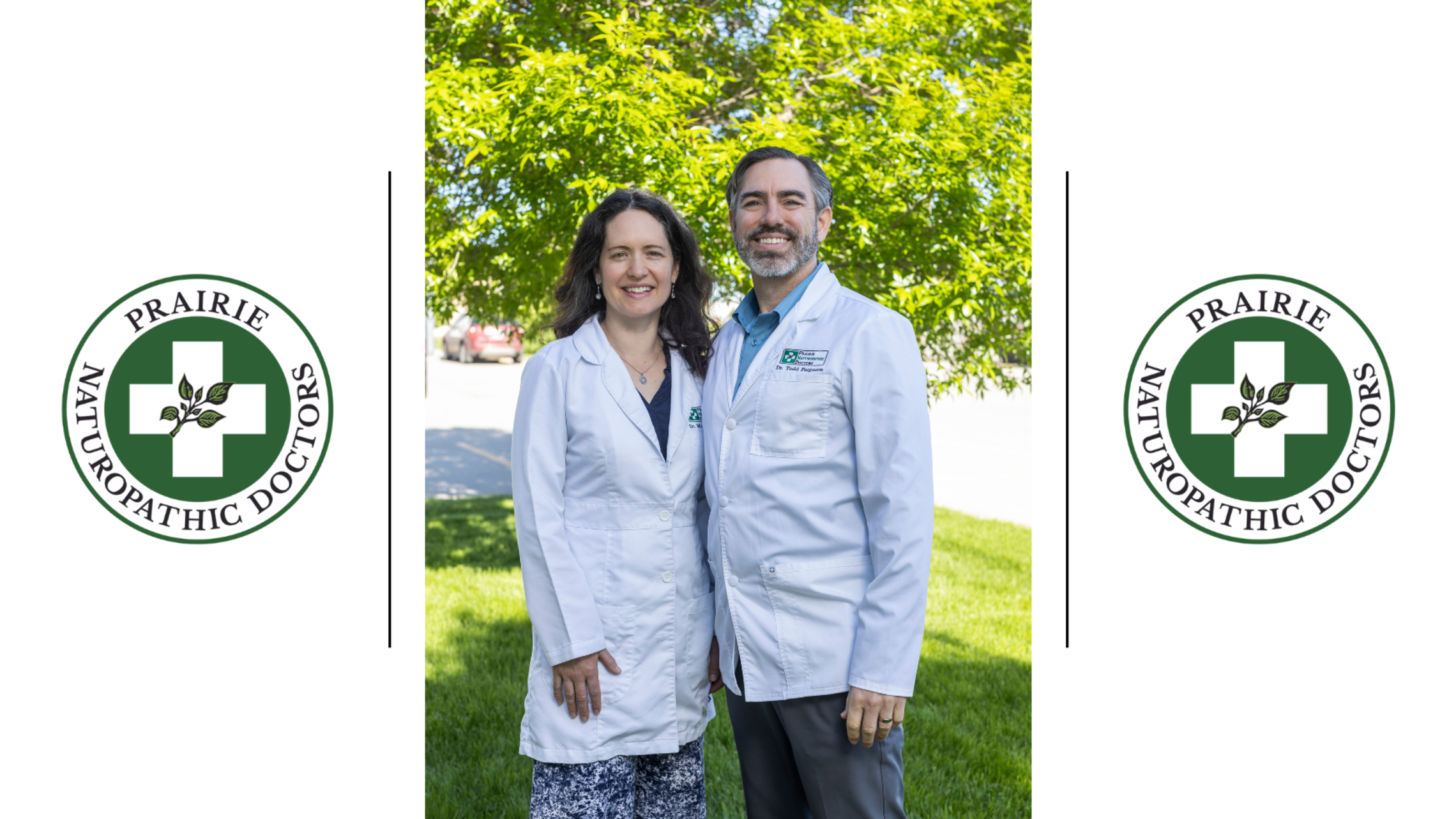Why Skin Becomes Dry During the Winter

Why so dry?
The primary reason our skin dries out during the chilly winter months is lack of moisture. Our outermost skin layer, the epidermis, is also called the skin barrier. The skin barrier comprises lipids (fats) and dead or dying skin cells. This protective layer prevents toxins from entering the body and shields the layers underneath. Damage to the skin barrier can cause dryness, irritation, and other skin problems. In order to function properly, this skin layer requires moisture.
In winter, we turn up our indoor heat, thus reducing humidity and limiting the amount of moisture available in the air. Meanwhile, when we’re outdoors, we end up exposing our skin to cold weather, harsh wind, and chilly rain that strips our skin of its natural oils. If that’s no enough, combining soap with the hot baths and showers we take to warm up afterward can further strip skin oils and result in even more dryness and irritation.
And of course, allergies and other medical conditions can have long-term effects on our skin—not to mention factors like age, ethnicity, and gender.
What’s the fix?
If we’re just talking about typical winter dryness, the starting point is hydration. Drink half your body weight in ounces or around 8 cups of water daily; so often, we forget to drink water in the winter months because our thirst cue isn’t activated by the sweltering sun. Herbal tea or warm water with lemon can hydrate as well if you’re trying to warm up from the cold.
You can also rehydrate your skin by soaking your body (or even just your feet) in warm water with Epsom salts, magnesium flakes or pink Himalayan salt and then patting dry when finished. Alternatively, create a salt scrub using Himalayan pink salt and coconut oil with a few drops of your favorite essential oil. The pink salt will exfoliate your skin, removing the dry layers. Meanwhile, coconut oil has beneficial anti-microbial and anti-inflammatory properties. Also, applying a small amount of oil, such as jojoba oil, after a shower can be beneficial to restore some oils that soap stripped away.
Have you heard of dry brushing? Using a skin brush with soft, natural fibers, you can sweep over your body in circular motions, starting at the feet and moving upward. This is an excellent technique for stimulating movement in the lymphatic system, ridding the body of toxins, and improving circulation. The result? Healthy, soft, glowing skin.
Just as it’s designed to keep bacteria out of the body, our skin is supposed to keep moisture in. To accomplish this requires the consumption of healthy fats such as those found in fish, olives, and coconut. If you suffer from specific conditions like eczema, psoriasis, or acne, your naturopathic doctor can point you in the right direction to heal the underlying causes for lasting relief.
For exceptionally dry, red, itchy, and flaky skin conditions, like eczema, our naturopathic doctors recommend seeking professional treatment. Because eczema is an inflammatory condition often affiliated with food sensitivities, your doctor might recommend a food intolerance analysis or an elimination diet or similar dietary adjustments to rule out food sensitivities. Another avenue toward improving skin is balancing the gut microbiome by incorporating prebiotics and probiotics (such as sauerkraut, kimchi, kefir, kombucha) into their daily food selections. Healthier gut microbiome and digestion results in more nutrients and less irritants resulting in better nourishment to the skin.
Since the condition of patients’ skin is an indicator of their overall health, we like to encourage them to adopt healthy skincare habits right from the get-go. And there’s no time like wintertime to start paying attention to the skin you’re in!
Build Health. Live Well.


